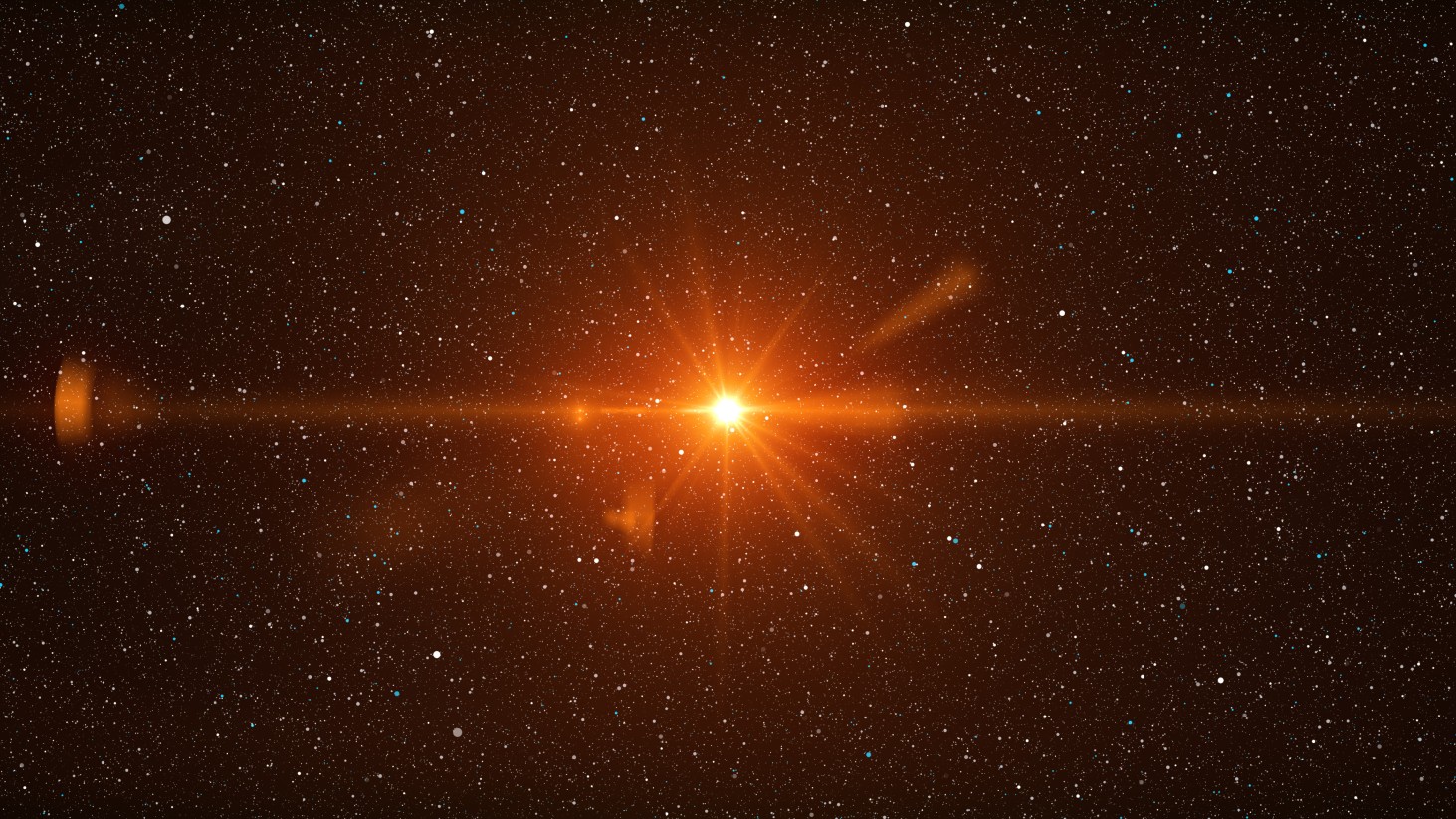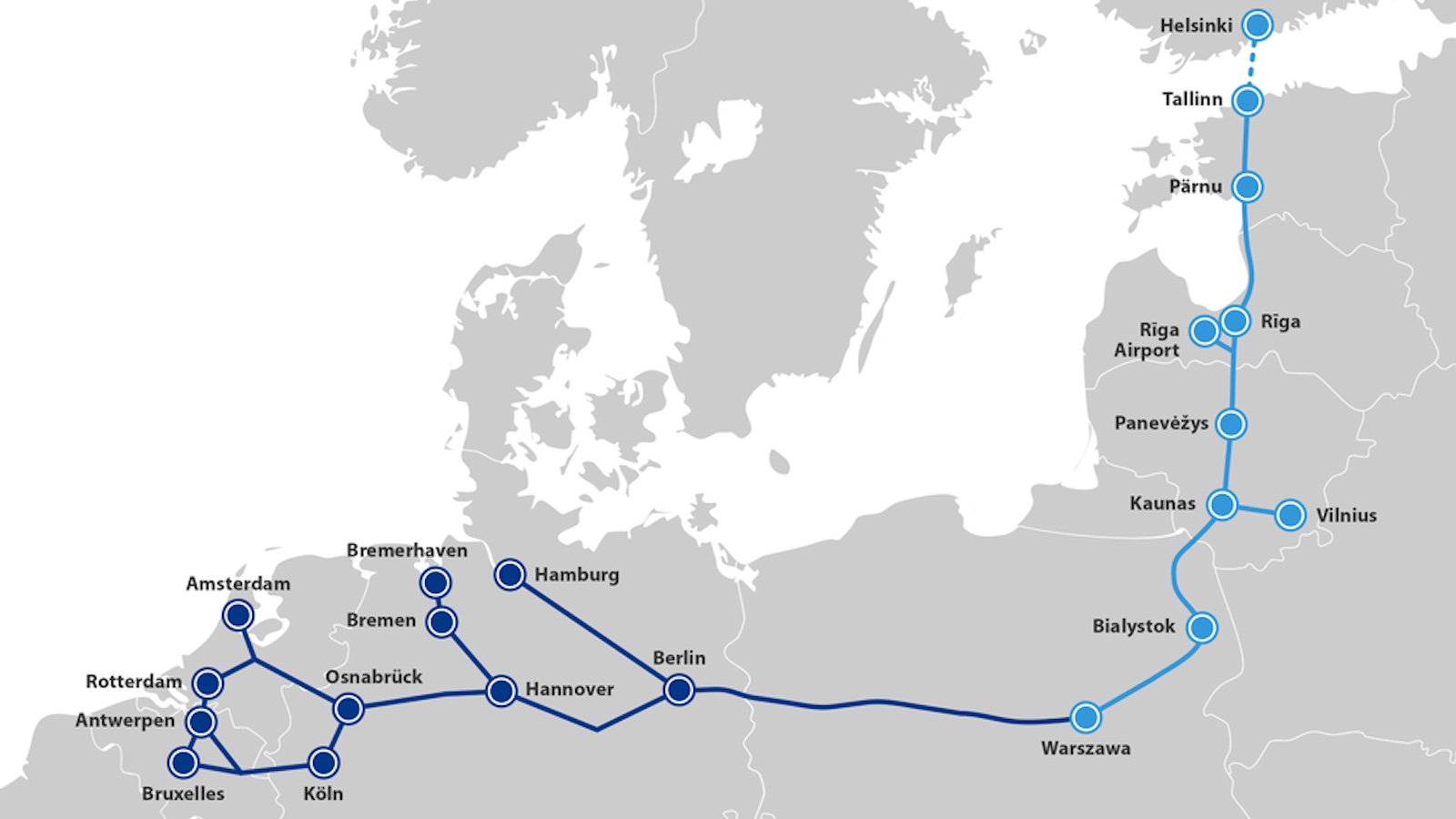While in the West people are fighting to win elections, Russians are fighting to have elections, says the former presidential candidate.
Question: From someone intimately aware of Russian politics, how democratic is the current regime?
Garry Kasparov: What is happening in Russia it’s probably anything but politics because when you say politics in America or Western Europe people think about campaigns, debates, elections, political advertising. So in Russia it is all different because we’re not fighting to win elections, we’re fighting to have elections. So that is why when talking about the state of democracy it will be an exaggeration.
Vladimir Putin’s 10 years was a steady process of eliminating even a glimpse of democratic procedures from my country and we say 10 years, although technically he is not in charge and Dimitry Medvedev was elected by Vladimir Putin—as we say Medvedev only had one vote, but it was crucial vote—so to stay there in a presidential office meant we all understand that Vladimir Putin is the person who is calling the shots. Putin’s Russia saw certain increase and some argue the Russian economy had a huge progress if you’re looking at GDP and also GDP per capita, but at the same time you could see it as that the whole infrastructure is on the verge of collapse because all this money, roughly 1.5 trillion dollars received under Vladimir Putin from oil and gas exports and other natural resources was not used to improve living standards of the majority of Russians and if we compare the state of the Russian economy in year 2000 and 2010 there is probably one figure that can tell you more than any other long study or article with huge available data:
In 2000 Russian economy had the largest gross of GDP and it became a profit, so Russian budget was no longer in red. Oil was just roughly $20 a barrel, just about over $20 a barrel. Today oil is nearly $90 a barrel and Russian economy is in red. The budget it’s again a huge deficit and also the economy is going downhill, so $20 and $90 and all these 10 years the oil prices were on the rise, so there is no excuse for driving the economy that was doing well at $20 a barrel to a total disaster at $90 a barrel. The reason is in year 2000 there was no single Russian name in the Forbes list of billionaires. Today nearly 100 official names and of course at least dozen included Vladimir Putin and many other top Russian officials who belong there and not on the bottom of the list. So it’s corruption beyond one’s imagination. As we say corruption in Russia is no longer problem. Corruption in Russia is a system and Vladimir Putin is an architect of the system. Obviously he inherited a lot from Yeltsin’s years, but now Russia is a classical example of oligarchy where business and power they are closely merged and opportunities for ordinary Russians they are minimized and it will eventually bring country at a verge of disaster and social explosion.
Question: Do you foresee Russia moving towards democracy in the next 10 years?
Garry Kasparov: I wish we had a luxury in Russia to think 10 years ahead, so because I always wanted to make long term plans, but Russia is in very bad shape, so I think that next 10 years for Russia will be matter of survival. Survival by the state because we have huge problems in the north Caucuses. It started with Chechnya, the breakaway republic of Chechnya and now it’s according to official propaganda it’s all pacified, but we have other republics there, the spread of Islamic extremism, and also this social disparity. You have the huge poverty, unemployment among the youth, while the overall demographic situation in Russia is getting worse. There is a huge influx of population in the southern provinces of Russia. If you look eastward of Moscow, so you will see that there are less than 50 million people in Russia living in almost half of Russia facing China with at least a quarter of a billion people living around the side of the border and China is gradually advancing on this front, building businesses and naturalizing their own citizens so that many, many Chinese immigrants both official and unofficial illegal immigrants and the problems in the eastern part of Russia or far east, east Siberia, even in some parts of west Siberia are very serious because if nothing is done eventually it will be China.
Recorded December 20, 2010
Interviewed by Max Miller
Directed by Jonathan Fowler
Produced by Elizabeth Rodd





